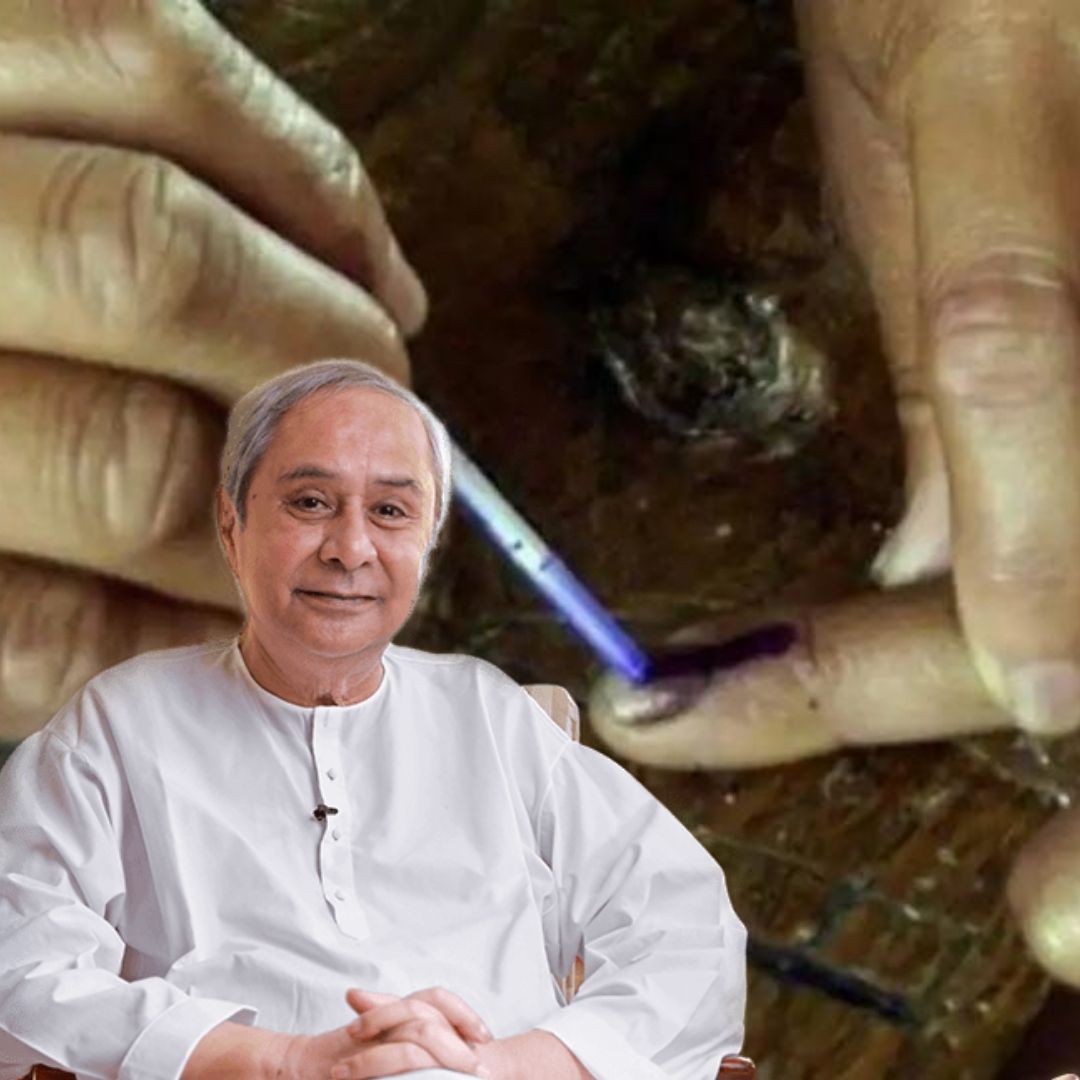
Image Credit: Zee News, naveenpatnaik.in
Upholding Democracy! Youth Pushes For Sarpanch Elections In Odisha Gram Panchayat After 30 Years
Writer: Ratika Rana
Her primary objective is to inform, promote, educate and cultivate readers through writing.
Odisha, 10 Feb 2022 9:31 AM GMT
Editor : Ankita Singh |
A literature lover who likes delving deeper into a wide range of societal issues and expresses her opinions about the same. Keeps looking for best-read recommendations while enjoying her coffee and tea.
Creatives : Ratika Rana
Her primary objective is to inform, promote, educate and cultivate readers through writing.
More than 2,600 voters would come together in Chikrada Gram Panchayat to select the best amongst three candidates for the position of Sarpanch from February 16 to 24.
Odisha's Chikrada gram panchayat, of Ganjam's Rangeilunda block, is set to witness its first elections for a Sarpanch in 30 years. Apart from not seeing any electoral contest for the Sarpanch position since 1992, the people in the gram panchayat also abstain from entering into litigations, which is considered a bane. The Chikrada government has only one village under it.
A Tradition Of Not Having Elections
Mahana Mohanty, the village Sarpanch, who was elected uncontested in 2017 Panchayat Polls, said that the village development committee decides on the matter; therefore, it has been a tradition not to hold any elections. Hindustan Times quoted Mohanty, "Since 1992 when our gram panchayat was created as a separate one after being bifurcated from Randha gram panchayat, the village development committee has decided on all matters related to the panchayat including polls. Once the development committee comprising elderly members of the gram panchayat takes a decision, everyone abides by it".
Sudarshan Bisnoyi, the Panchayat Extension Officer for the region, said that the village development committee tries to resolve the issues amongst the people and avoids involving police and other levels of Judiciary. However, he added, "things are changing now, and so elections must be signalling the change. In any case, elections are good for democracy".
The Provision Under The Law
The Indian Constitution mentions in Article 243E and the Constitutional Act, 1992 imply regular elections every five years; however, several Indian states have been promoting unanimous elections for the grassroots levels. The state's reason is that unanimity in elections saves them poll expenses and helps to reduce litigations costs. In the 1960s, Andhra Pradesh and Rajasthan government launched the scheme of providing the village panchayats with ₹ 5,00,000 for fewer than 2000 people. For villages with a population between 2001 to 5000, the grant amount is ₹10,00,000 and the amount increases in proportion to the size of the population.
 All section
All section














